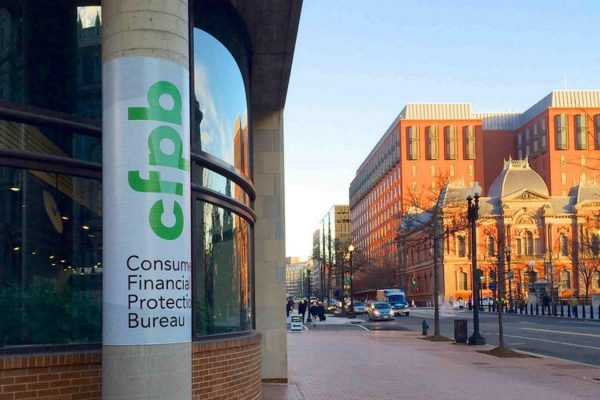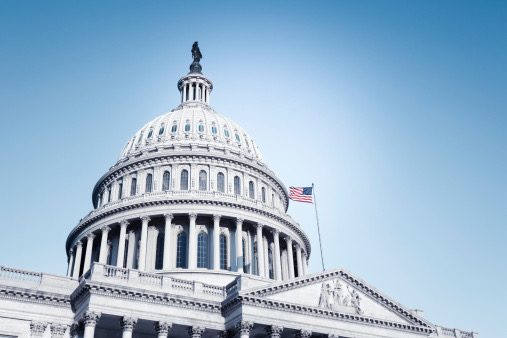Fact Sheet: AFREF Coalition Fact Sheet on CFPB Overdraft Rule
The Consumer Financial Protection Bureau’s (CFPB) new overdraft fee rule closes a paper-check era loophole that has promoted abusive practices and allowed the biggest banks to earn billions in profits off of the most vulnerable families. The rule will help everyone, but especially families that are struggling with high prices and making ends meet.










